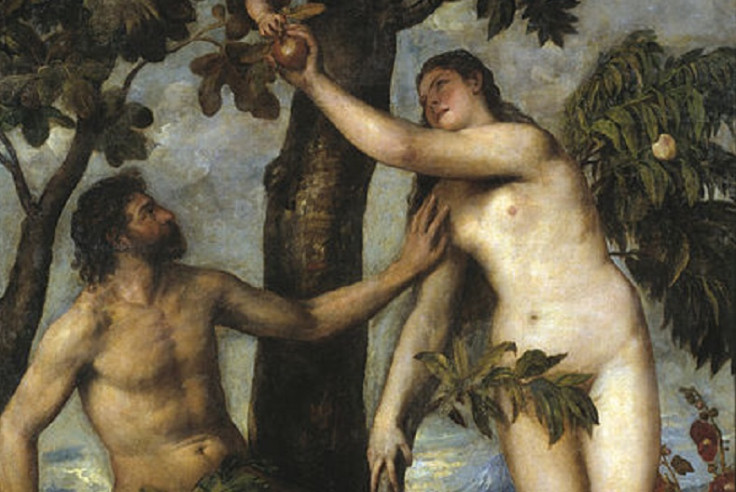Hips Don't Lie: Width Influences Likelihood of Women's One-Night Stand

Women who have wider hips are more inclined to have a one-night stand, researchers have claimed.
Researchers at the University of Leeds said they had found a correlation between a woman's build and her sexual behaviour.
The study, published in Springer's journal Archives of Sexual Behaviour, focused on the hip width or hip-to-waist ratio of 148 women aged between 18 and 26.
The women had each had at least one sexual partner. The research questionnaire asked them about their sexual histories, including the age at which they lost their virginity, the number of sexual partners they had had, and information about emotionally significant relationships.
The findings revealed that the number of sexual partners a woman had was influenced by one-night stand behaviour. This correlated with the participant's hip width, rather than their hip-to-waist ratio.
Overall, women with hips wider than 36cm had more sexual partners and more one-night stands than women with hips below 31cm.
The women for whom one-night stands accounted for three out of every four of their sexual relationships had hips at least 2cm wider than women who had fewer relationships.
The researchers, Colin Hendrie and co-authors Victoria Simpson and Gayle Brewer, suggested that women with wider hips were more likely to engage in sex because the birth process was easier and less traumatic than for women with narrower hips.
"Women's hip width has a direct impact on their risk of potentially fatal childbirth-related injury," Hendrie explained.
"It seems that when women have control over their own sexual activity this risk is reflected in their behaviour. Women's sexual activity is therefore at least in part influenced by hip width."
The findings relate back to how humans learned to walk upright, as the subsequent development of narrower hips made it easier for humans to walk. Female hips, as a result, became just wide enough to allow childbirth.
Infants are born at a less developed stage than most other primates because of this restriction, and therefore need much more care after birth.
© Copyright IBTimes 2025. All rights reserved.






















